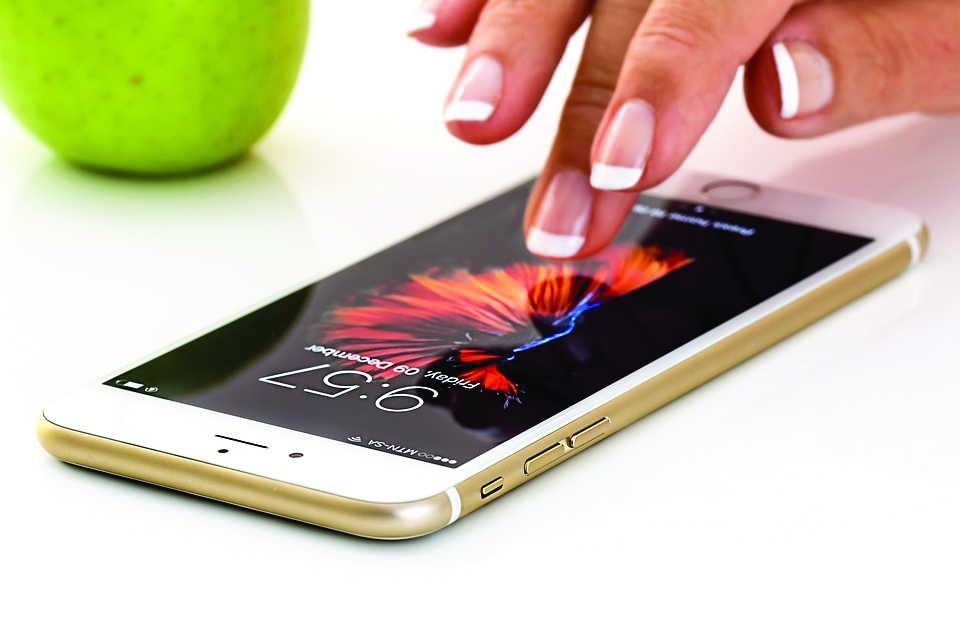Researchers have evaluated which of 300,000 smartphone apps dedicated to health could be prescribed care as a low-cost, non-drug intervention
Many people are increasingly turning to their smartphones to improve their health, but it may be in vain according to new research, which shows fitness and weight loss apps do little to help.
Even worse, one alcohol reduction app had the unfortunate outcome of actually increasing risky drinking by some users.
Researchers at Bond University set out to evaluate which of the 300,000 smartphone apps dedicated to health could be prescribed in primary care as a low-cost, non-drug intervention.
To fit the bill, the apps would need to have a solid evidence base and ideally not need continuous clinician monitoring.
“At present, anyone can create and publish health and medical apps in the app stores without having to test them, and patients must experiment with apps by trial and error,” the authors wrote in an article published in the journal Nature earlier this month.
“If GPs are to prescribe health apps, then they must be confident that the apps are shown to work, have fair privacy and data safety policies, and are usable at the very least.”
However, their analysis of six systematic reviews of a total of 23 randomised controlled trials revealed a pretty bare evidence base supporting any of the apps. Most trials were pilot studies, and only one made it to a large clinical trial.
The much-lauded weight-loss app, MyFitnessPal, appeared to do little to help people lose weight, with most people simply not logging in after the first month.
Meanwhile, another app, designed by the Swedish government to curb risky drinking, led to university students drinking more often.
One mental heath app, called Managing Depression, made the grade, at a cost of $59.99.


